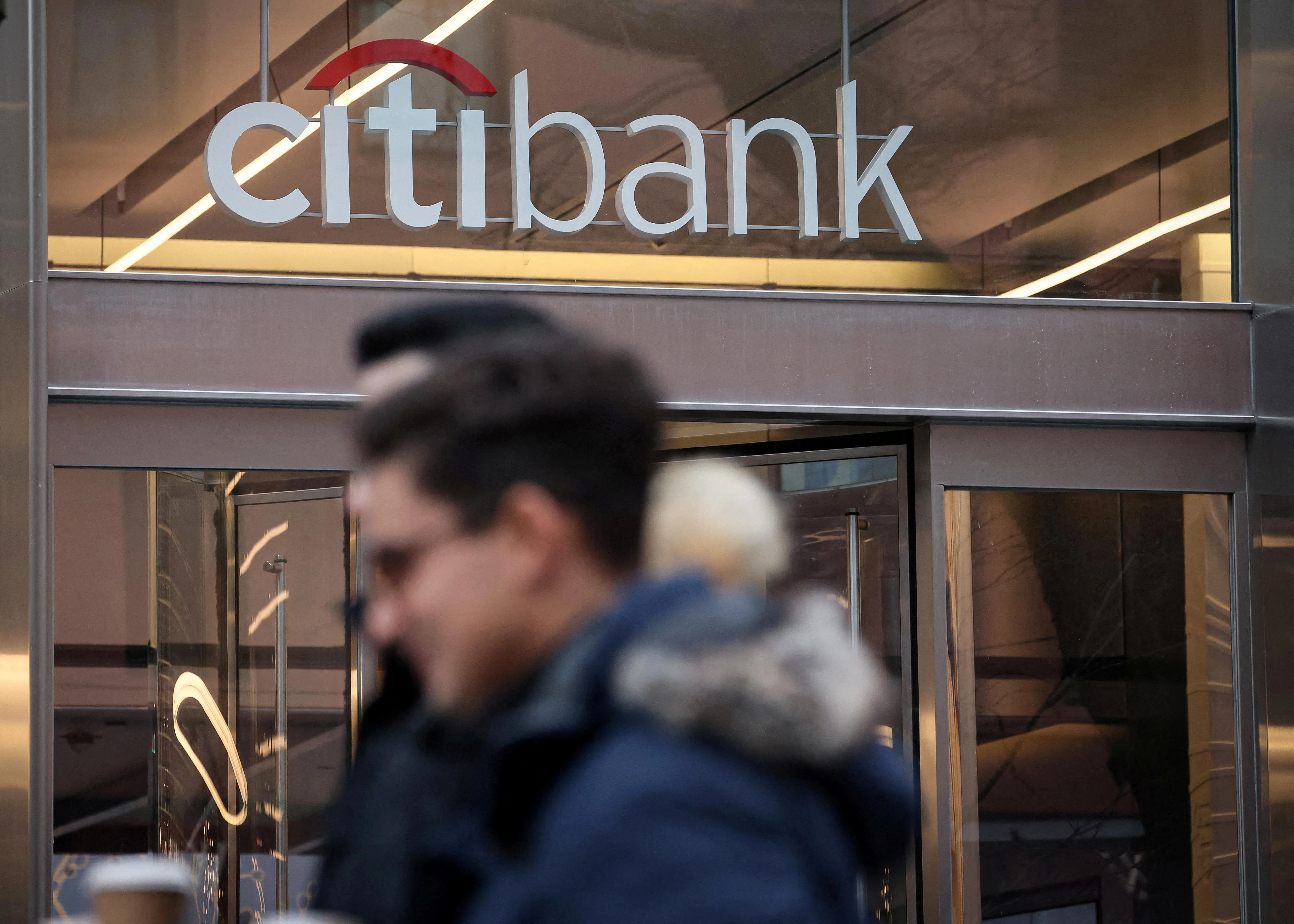CITIGROUP’S profit fell in the first quarter as it spent more on severance payments for laid-off employees and set aside money to refill a government deposit insurance fund.
Net income fell to US$3.4 billion, or US$1.58 per share, in the three months ended Mar 31, the bank said on Friday (Apr 12). That compares with US$4.6 billion, or US$2.19 per share, a year earlier.
“Last month marked the end to the organisational simplification we announced in September. The result is a cleaner, simpler management structure that fully aligns to and facilitates our strategy,” CEO Jane Fraser said in a statement.
Citi said in its investor presentation that it expects a headcount reduction of 7,000 and US$1.5 billion in annualised savings from reorganisation. Shares rose 1 per cent before the bell.
Fraser began a sweeping reorganisation in September to simplify the bank and improve performance. Costs from the reorganisation pushed expenses up to US$14.2 billion.
The largest round of staffing moves, including reassignments and departures, was communicated to employees in late March.
GET BT IN YOUR INBOX DAILY
Start and end each day with the latest news stories and analyses delivered straight to your inbox.
The bank also paid US$251 million into a Federal Deposit Insurance Corp fund that was drained last year after three regional lenders failed.
Revenue fell 2 per cent on a reported basis to US$21.1 billion in the first quarter. Excluding one-off items such as the sales of businesses last year, it was higher in the quarter.
Rival JPMorgan Chase reported a higher first-quarter profit on Friday, while Wells Fargo’s quarterly profit shrank as it earned less from customer interest payments.
Performance at Citi’s services and banking divisions stood out. The business that provides cash management, clearing and payments services for the world’s biggest corporations, revenue rose 8 per cent to US$4.8 billion, buoyed by an 18 per cent jump in securities services revenue to US$1.3 billion.
Meanwhile, a resurgence in capital markets and investment banking fees fuelled a 49 per cent surge in banking revenue to US$1.7 billion. Corporate lending rose 34 per cent.
Markets were a sore spot. Trading revenue fell 7 per cent to US$5.4 billion, dragged lower by fixed income and currencies.
Wealth management revenue shrank 4 per cent to US$1.7 billion.
While Citi’s consumer banking division grew revenue, it also stockpiled more money to cover potential losses from customers who default on their loans.
In the previous quarter, Citi had posted a US$1.8 billion loss as one-time items dragged down its earnings.
“These past months have not been easy,” Fraser wrote in March. “Far from it. The changes we’ve made are the biggest that most of us have experienced at Citi …, putting us on the front foot and improving our competitiveness,” she had said.
Investors have rewarded Fraser with a share price boost since the overhaul began in September. Next, they want to see growth in wealth management and investment banking.
The company’s stock has risen 18 per cent this year, outperforming peers and beating the benchmark S&P 500.
The bank still faces challenges, including regulatory problems and an unsettled workforce. In February, Reuters reported US regulators asked Citigroup for urgent changes to the way it measures default risk of its trading partners.
Citi is working to fix problems laid out in two enforcement actions from the US Federal Reserve and the Office of the Comptroller of the Currency from 2020.
The consent orders direct the bank to repair deficiencies in its risk management, data governance and internal controls.







